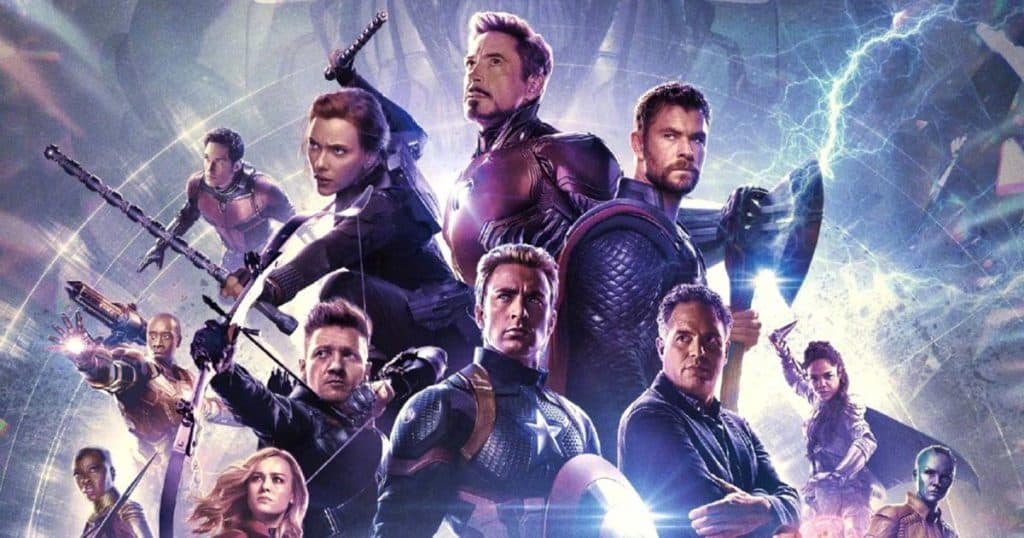JY Tan: Here it is. The Endgame to end all games. The blockbuster to bust pretty much everything about the movie industry and the way we experience movies. We’re going to see records (and hearts) broken, and this will be the movie that people will be talking about well ahead into the foreseeable future.
So let’s talk about it. And, while we’re at it, perhaps we can put on our retrospective goggles and explore what the Marvel Cinematic Universe (MCU) meant for us. But before that:
SPOILERS FOR ENDGAME AND THE ENTIRE MCU, ASSEMBLE!
At the start of Avengers: Endgame, things are looking pretty bad after Thanos’ Finger Snap of Doom. Half of the population in the known universe is gone, and the Avengers are priming to do some avenging and world-saving along the way. But with most of their members scattered about (as either ashes or across space), what could they hope to do against the might of Thanos and the Infinity Stones? And could Ant-Man’s timely return be the key to undoing everything?
To start with, what did you end up with Endgame? Tears of joy, or tears of boredom from the 3-hour long runtime?
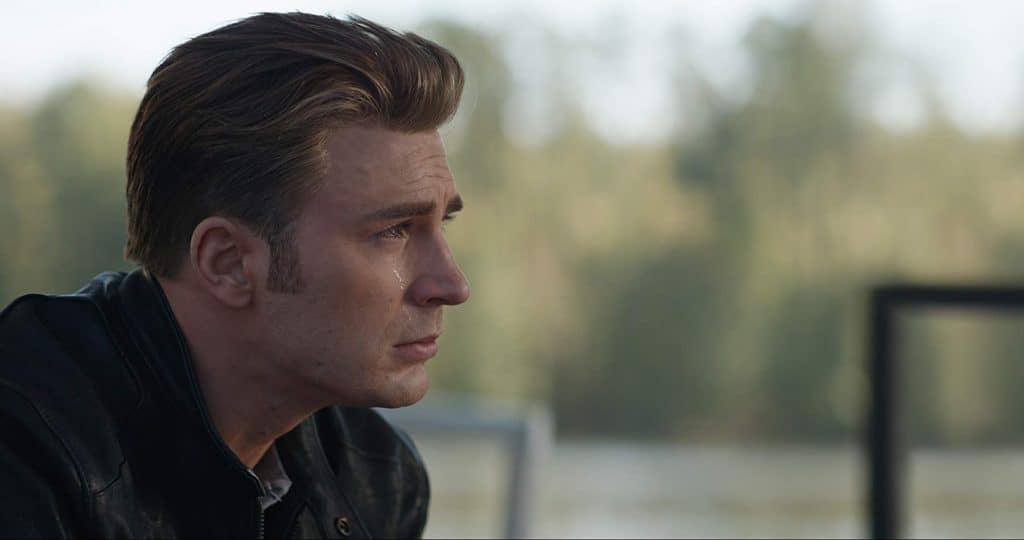
LM Foong: No tears from me, but then again, my relationship with MCU is like that awkward hug between Peter Parker and Tony Stark during Spiderman: Homecoming — we’re not there yet. I’m not a big fan of MCU; I don’t get hyped over its new releases, though I did watch all of them. I buy the tickets for the guaranteed catharsis with a side of comedy, and, when the right director comes along, social commentary and introspection.
In that sense, Endgame gave me what I paid for. It was a dopamine smorgasbord; the action scenes were not only grand but also creative. The comedies were golden (at the expense of poor Scott Lang’s taco). One thing I loved: the movie took time to explore the gravity and consequences of Thanos’ Snappening, and how it ripped each superhero apart. The Avengers’ grief and helplessness over five years is a micro-lens on how the larger world left with the pieces will look like. Mass killings will not guarantee that the world flourishes, no matter how logical it sounded when Thanos reasoned it in Infinity War, because humanity is not powered by logic. We are powered by purpose and emotions and matters of the heart, which crumbles to dust when half the people we know and love are yanked from our lives.
Unfortunately, Endgame is not ending MCU’s streak of misfires when it comes to its female superheroes. The money-shot of women and valkyries and female-noid space aliens striding towards the camera is a “heck yeah!” moment. But the moment is promptly eviscerated when some sweeping force bowling-balls the formation.
Sure, Thanos gets some pain from Captain Marvel and Scarlet Witch (can those two just rule the universe already?). But what about the treatment on Black Widow’s death? Why does it pale so much in comparison with Iron Man’s? She didn’t even get a proper funeral, unlike Tony. Once again, MCU’s nod to diversity feels more cursory than earnest.
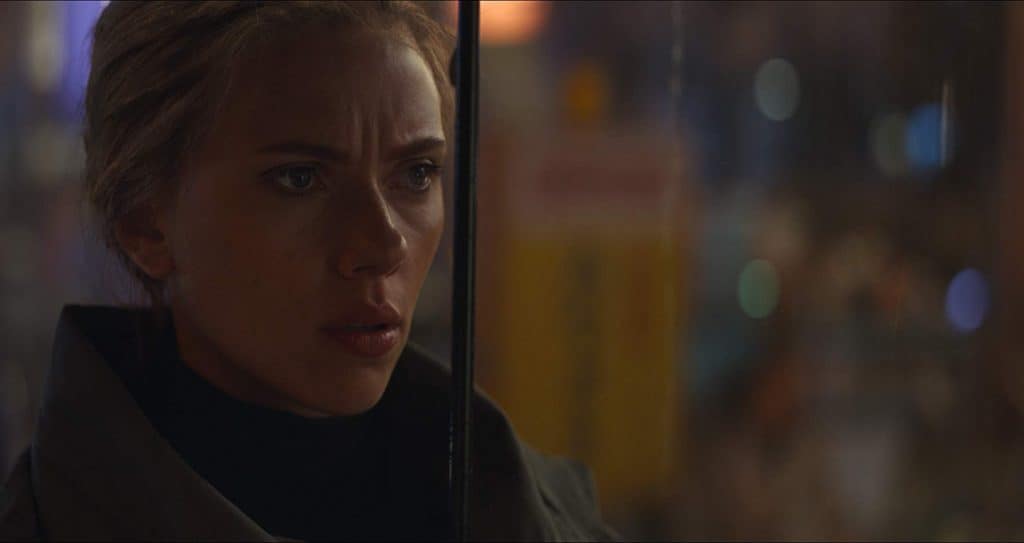
JY: It’s also rather aggravating that they offed Widow right when her role was expanded from the person who “picks up after the boys” — she was pretty much the glue that kept the team together during the five years post-Snap. They wasted her when she was at her most interesting. Bummer.
J Cheong: To be perfectly honest, I really didn’t know what to expect from Endgame. As always, the teasers and trailers spoiled very little and gave us plenty to speculate on.
On the one hand, I knew the Russo brothers and Marvel weren’t going to mess things up. At the same time, I was worried that the massive hype built up for Endgame would make it end with a sputter. And well, I’m very happy to say that while some parts and elements may have sputtered — Black Widow’s death, Loki’s disappearing act and the lack of Korg — but it sure ended with a bang (or is it a snap in this case?).
Endgame held a clinic on how to pull off the ultimate team-up movie. Yes, most of the characters that were snapped away in Infinity War only showed up towards the final moments, but once again, most of them received pretty decent time on screen. Much like Infinity War also, Endgame does a great job at continuing the tone of the individual movies. Thor and the Guardians’ segments were comedic, while Captain America’s and Iron Man’s were a little more serious. It just felt like multiple mini-movies woven together nicely to form a cohesive story.
Another thing I really liked about Endgame is how emotional it actually is, especially in the parts LM have mentioned. I really didn’t expect to be tearing up in a Marvel movie.
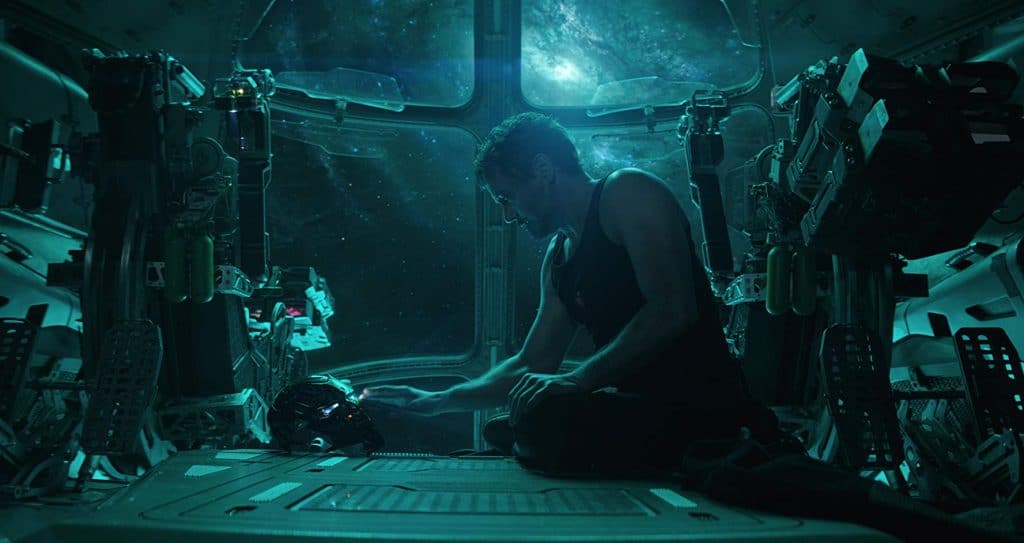
JY: No tears for me, but certainly a lot of silly grins and some gasps. A lot of mental fist pumps and cheers, too, like when Captain America lifts up Mjolnir along with all my feels. It’s not the best MCU film for me, but it’s a tonne of fun, and very rewarding as a MCU movie-goer for the past decade.
I need to confess that I’m not a fan of time travel as a plot device. It’s not that it can’t be done right, but because it always feels like the laziest kind of trope you use to get out of the corner you wrote yourself into. Also because it makes me tremendously distracted with trying to ascertain if their time travelling makes sense in the grand scheme of the MCU, and already I’m having a headache thinking about it.
LM: I was worried about the use of time-travel before watching the movie too — it can feel like such “it was all a dream” stunt and just plain cheating the audiences’ feelings. But I must say that the time-travel in Endgame did not conveniently make all the problems go away. The heroes must still earn their victory. So, in that sense, I’m cool with Endgame’s time travel.
JY: Yeah, I’d say that Endgame’s use of time travel is at least done fairly well. Besides using it to set up for the “time heist”, which is pretty fun, it also fits into the movie’s retrospective nature. And that, I think, is what I like best about Endgame.
MCU movies have always been about that forward momentum, where every movie is a set-up for future instalments and events. Endgame is, instead, a celebration of what led them here. The movie finds strength in past events the way the protagonists find strength in the past as well — Thor seeking his mother’s wisdom, Tony’s talk with his father, and Steve’s need to return to the time that was robbed of him. It’s nice that the movie knows how to wraps itself up thematically, and at the same time give ample amount of fanservice.
And speaking of retrospectives, perhaps we can offer our thoughts about the entire MCU leading up to Endgame and what it means to us? It just hit me that there’s a LOT about the MCU that I can appreciate as a lover of film.
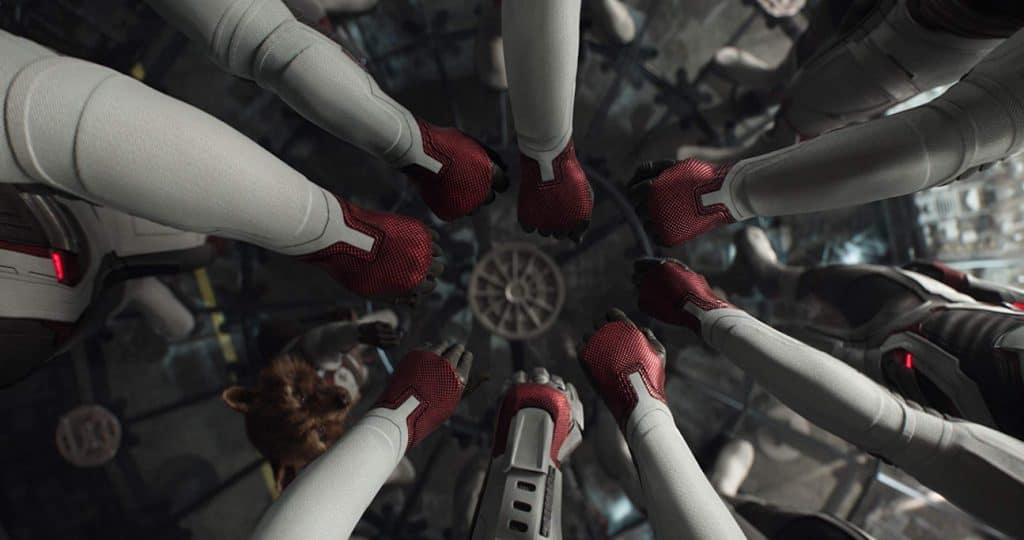
JC: I mostly watch movies as a means of pure entertainment and escapism. So, in that regard, over the last 11 years, Marvel has definitely given me a lot of material for escapism and giddiness of seeing mythical comic book heroes come to life in a more grounded manner.
Of course, there have been other superhero movies that take the more realistic route but, for me, the only one that felt really well-done was Christopher Nolan’s Dark Knight trilogy. Also, compared to the movies in the DC Extended Universe (DCEU), MCU movies each have their own style, which is nice because not every movie in the franchise needs to share an overly dark and grim tone. As much as I prefer DC’s comics and its roster of heroes, I can’t help to love Marvel’s movies more.
Another awesome thing about the MCU is how it has also managed to give birth to really entertaining TV series such as Daredevil, The Punisher, Agents of S.H.I.E.L.D. and others . It’s a shame that these characters never got to show up on the big screen or are even mentioned in the movies despite sharing the same universe.
Finally, I also really loved how Marvel managed to make a lot of their villains really cool and even somewhat likeable. Loki, Hela, Winter Soldier, Killmonger and Ultron are just the embodiment of kick-ass baddies and I found myself rooting for them throughout the movies. It could be just my twisted morals but I’ve always believed that a really good villain is as or even more important than a good hero.
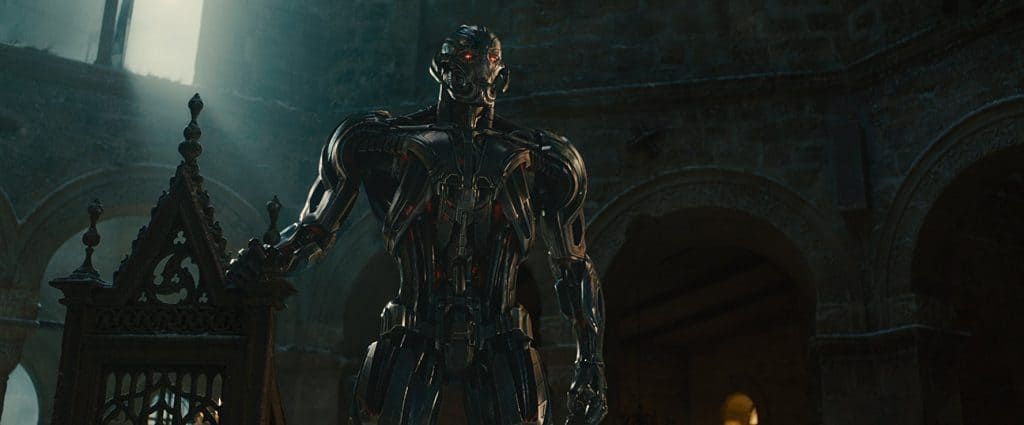
JY: I’m glad you mentioned that, JC! I know there are complaints about the MCU’s lack of compelling villains, but the ones that are great are truly exceptional. Most people forgot that Ultron is the embodiment of Tony Stark’s obsession with protecting the world twisted into extremism. So yeah, kudos to the kickass villains that are also good foils!
And speaking of Tony Stark, I was watching Iron Man while doing some ironing (it seemed really apt at the time) when it struck me just how the movie uses Tony Stark as a window of introspection over some real-world issues of its time.
Director Jon Favreau certainly deserves all the credit for kickstarting the MCU as well as laying down the groundwork for its overall tone, style and formula, but I think his greatest accomplishment is to ground Iron Man in a post-9/11 America, making the MCU a mirror and its heroes a sort of speculative look at how they can affect the world, and how the world can affect them.
Sometimes the winks are simple, like how Captain America: The First Avenger nods at Steve Roger’s origins as World War II propaganda through this glorious scene.
Later, Captain America and the basis of his beliefs and characterisation is used to great effect to criticise the United States’ National Security Agency, the terrifying “kill list”, and how they’re not at all different from the literal Nazis that Captain America fights.
The MCU only gets better from there. As irreverent as the Guardians of the Galaxy movies are, they deftly tackle issues of toxic masculinity and the complicated feelings surrounding abusive family members (best explored in YouTuber Lindsey Ellis’ terrific video essay). Thor: Ragnarok is certainly silly, but it’s also a subtle dig at colonialism. YouTube series Renegade Cut has a good episode about it here.
It’s easy for Marvel Studios to crank out merely entertaining movies and walk to the bank laughing, but I believe that their willingness to bring in talented, non-mainstream movie directors with something to prove, and letting them prove it, is part of the reason why the MCU is still so prevalent today.
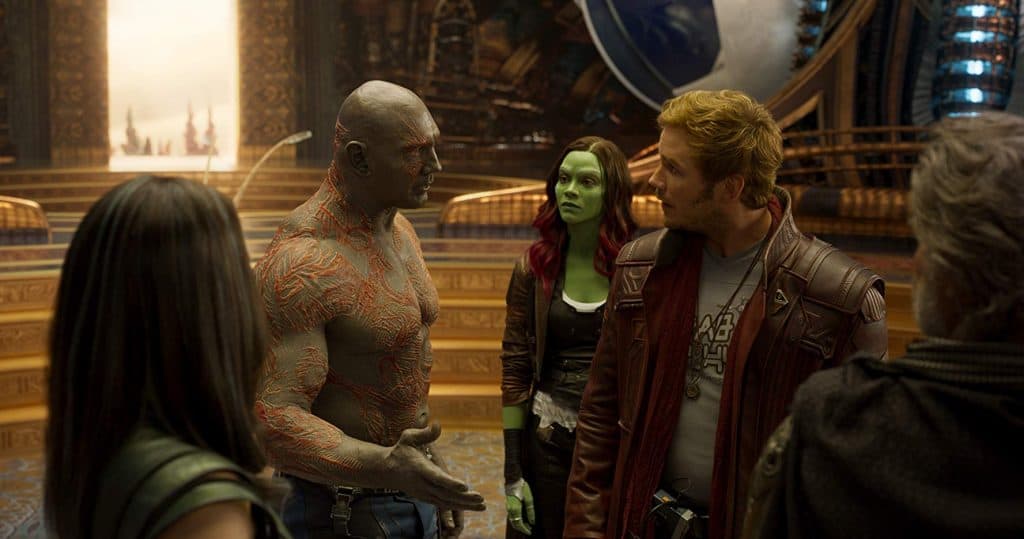
LM: Yassss, JY and JC, layered storylines and compelling villains are why I’m always more interested in MCU movies than the DCEU’s. On top of that, I am most impressed that MCU routinely brings a “two things can be true” message into mainstream cinema, especially in the genre of superhero movies that subsist on the good versus evil binary.
I never really grew up with these “two truths” dynamic. The closest thing I had to superheroes in my childhood were the sifus of old kungfu movies (think Wong Fei Hung), who are almost always paragons of righteousness fighting moustache-twirling, despicable villains. It’s black-and-white storytelling that, while cathartic, loses relevance the longer we venture into the grey world we live in.
But, in MCU, we see that two things can be true. Captain America can be brave and fearful that he is only useful in times of war. Thanos can be logical and cruel. Iron Man can be heroic and an asshole. Zemo can be a winner and a loser.
And that assembly of female (or female-noid) superheroes that marched with Captain Marvel with Thanos’ gauntlet? It was short-lived, sure, but I remember the rush I felt seeing it — how different they look from the heroes we got in the cinemas pre-MCU.
Marvel women were not always given equal screen time or prominence in the movies as their male and pale counterparts, but most of them are still fleshed out characters whose heroism and layers captured many of our hearts. Among my favourites are Shuri of Black Panther and Valkyrie in Thor: Ragnarok, the former being a genius having fun and the latter being plain fun to watch. Then, there is the emotional redemption arc of the cyborg Nebula, and Pepper Potts saving lives in an iron suit — the rare mum-superhero on screen after The Incredible’s Elastigirl and Sky High’s Jetstream.
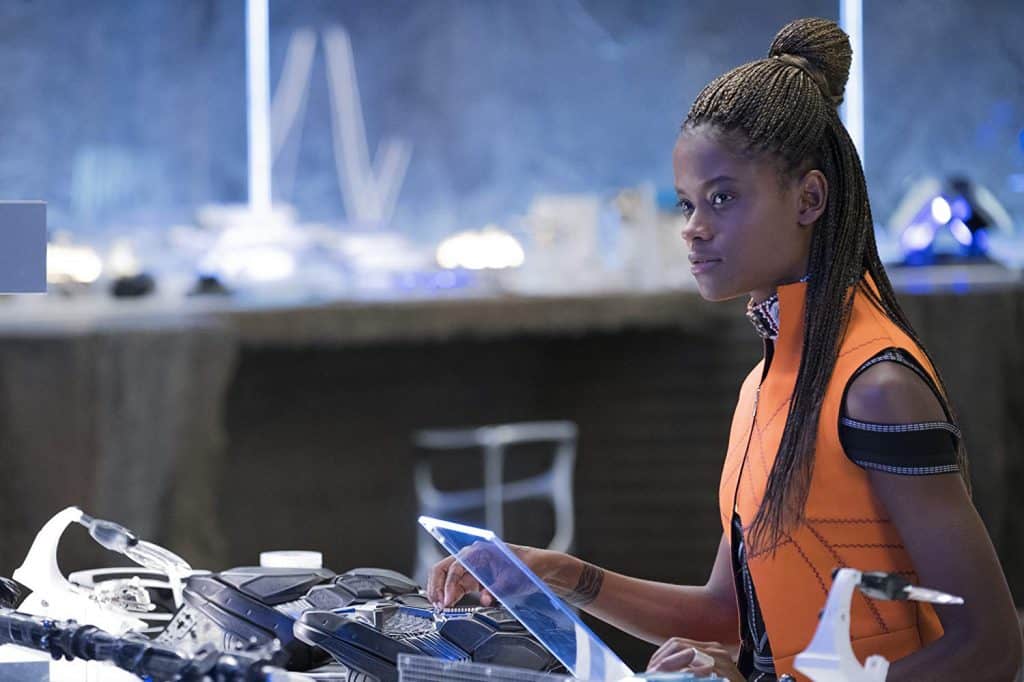
JY: Oh hell yes! I won’t say the MCU is a champion of representation just yet, but the great stuff they’ve done has truly become industry pillar. Like Black Panther’s nuanced exploration of how we approach power fantasies (the three primary characters — T’challa, Killmonger and Nakia — represent different ways a technologically-advanced African nation untouched by colonialism can use its power). Captain Marvel, while certainly not as complex or clever, is still a fascinating allegory on how society (and men) suppress female power. Both are billion-dollar earners at the box office, and Black Panther is already a cultural icon with an Academy Award nomination under its belt.
LM: Kids would be growing up with heroes who look a little bit more like them and a little bit less like each other. The thought gave me comfort. You can say that the comics have been diverse a lot earlier than these movies, but comics are not mainstream — yet. MCU is.
JY: Well, looks like there’s a lot to love about the MCU! The question now, of course, if it’s there any more left to love. Or, going forward, what you’ll love to have in the MCU. Perhaps future team-ups that you’ll like to see? The inclusion of the formerly-Fox Marvel characters?
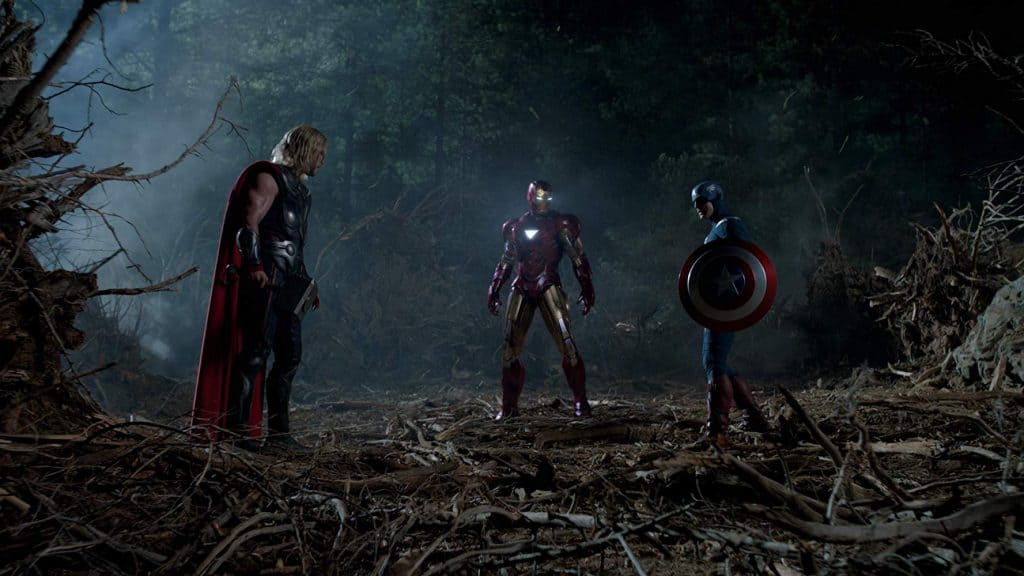
JC: With the wealth of material that Marvel has and the deep pockets of Disney to hire talented directors and actors, I’m sure there will be a lot more stuff to love. Plus, with the success that the MCU has garnered, it’ll also be a no-brainer for established and new actors to want to be a part of it. Just look at how it has propelled actors like Dave Bautista, Tom Hiddleston and Chris Hemsworth to superstardom.
JY: Like how they brought lesser-known directors like the Russo Brothers (Winter Soldier, Infinity War, Endgame), Taika Waititi (Thor: Ragnarok), James Gunn (The Guardians of the Galaxy series) and Ryan Coogler (Black Panther) into the mainstream!
JC: Yeap! As for crossovers, I am dying for an Avengers vs X-Men showdown and maybe even a series on the House of M storyline. With Marvel on the verge of doing more TV series based on some of the established characters, I am going to go out on a limb and say I want a Marvel Zombies series.
But as far as movies go, the sky’s really the limit at this point. The MCU has done a great job at making characters like Ant-Man and Dr. Strange achieve recognition so they really can add more characters to the roster. There’s already been rumours that Namor the Submariner is going to show up and during the Endgame scene where Cap goes back to the 70s and sees Peggy Carter, she mentions Braddock, which could also mean that Captain Britain might be a thing.
Lastly for me, I think this might be quite a tall order but I’d like to see a reboot on some of the Marvel characters that already had movies before the MCU, such as Blade and Ghost Rider. Also, please give Jon Bernthal a stand-alone R-rated Punisher movie. The man and character deserves it. After that, make Deadpool vs The Punisher. If that happens, I think I can die happy.

JY: For me, what I want is more representation — more heroes of colour, more women in prominent roles and standalone movies. The MCU movies that have been greenlit seems to be heading this direction, at least — The Eternals have already cast Korean actor Ma Dong-seok (of Train to Busan fame), while Pakistani-American comedian Kumail Nanjiani is in talks to join in. The movie will also be directed by indie Chinese filmmaker Chloé Zhao. And then, of course, there’s the Shang Chi movie, which will be Marvel’s first asian-led superhero flick.
But what I would really hope to see the MCU do in the future is to take risks. The worst thing they can do now is grow complacent. I hope to see more young, visionary filmmakers that can push beyond Marvel Studio’s tight grip on tone and style and make things that are unique, if not to use superheroes to tell more interesting stories. Or, while we’re at it, have Marvel Studios relax their grip and let their directors go wilder.
I think now it’s an opportunity for the MCU to head off into riskier, crazier territories. And if they do, they’ll be sure that I stay strapped in for the ride.
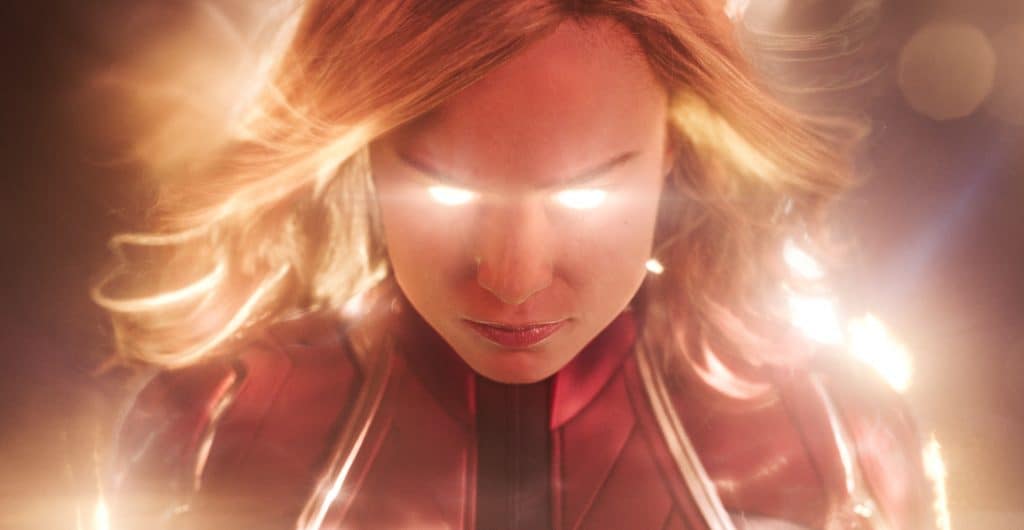
LM: I hear you 3000. The superhero fatigue is setting in fast, but I believe well-crafted stories never go out of style. That’s simply what I want to see — that amid all the new characters or cool team-ups that they may pull out of their archive (or arses), they stick to a true north of telling good stories. That is also basically me subtly telling them to give director Taika Waititi ALL THE MOVIES. Okay, not so subtle anymore.
JY: A Taika Waititi Superhero Cinematic Universe doesn’t sound bad at all! And I think it’s a good place as any to end this (lengthy!) discussion. Till the next great Avengers movie, then!
*Snap!*
Also published on Medium.
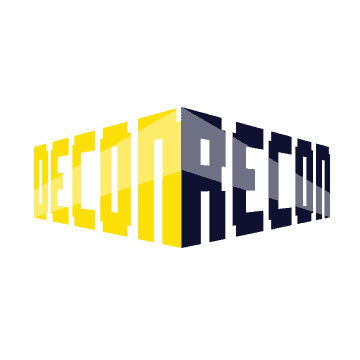
When more heads are better than one.
